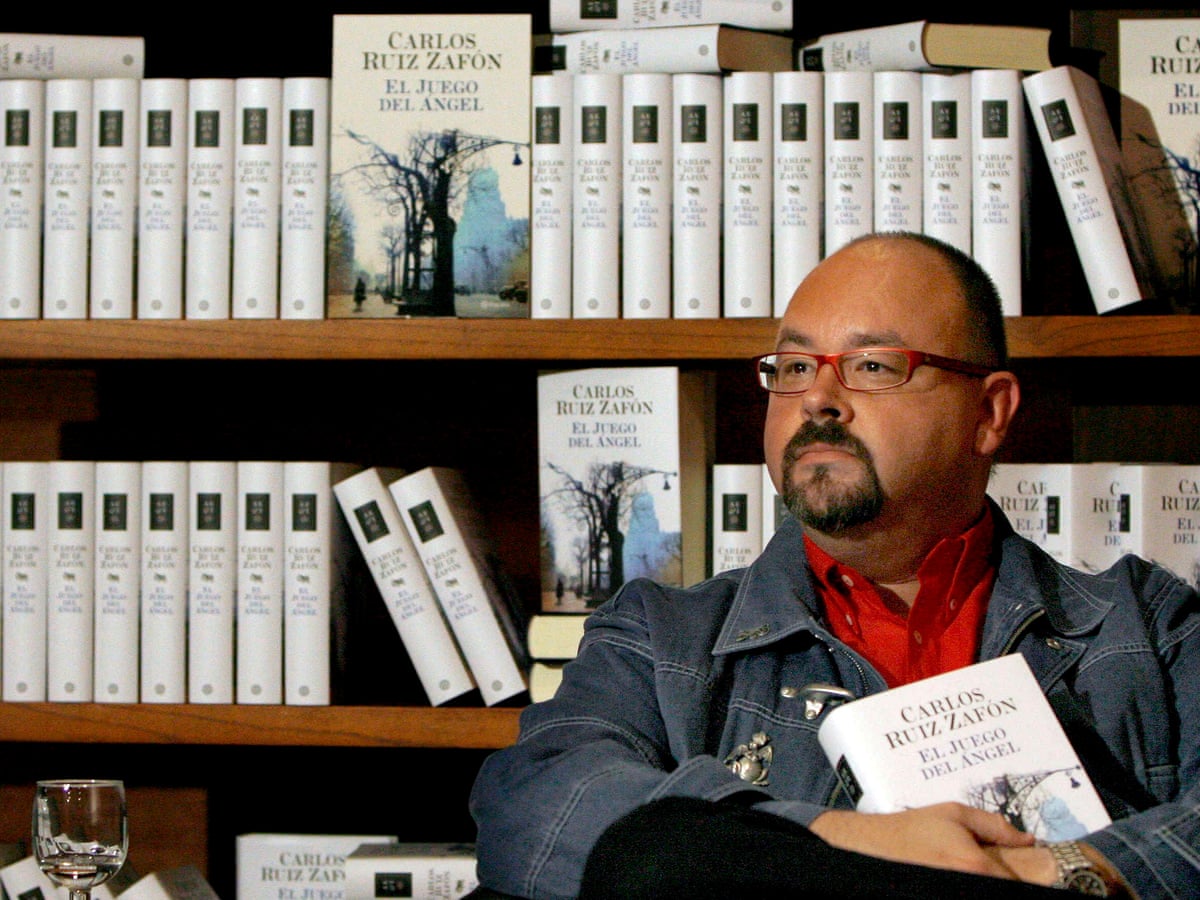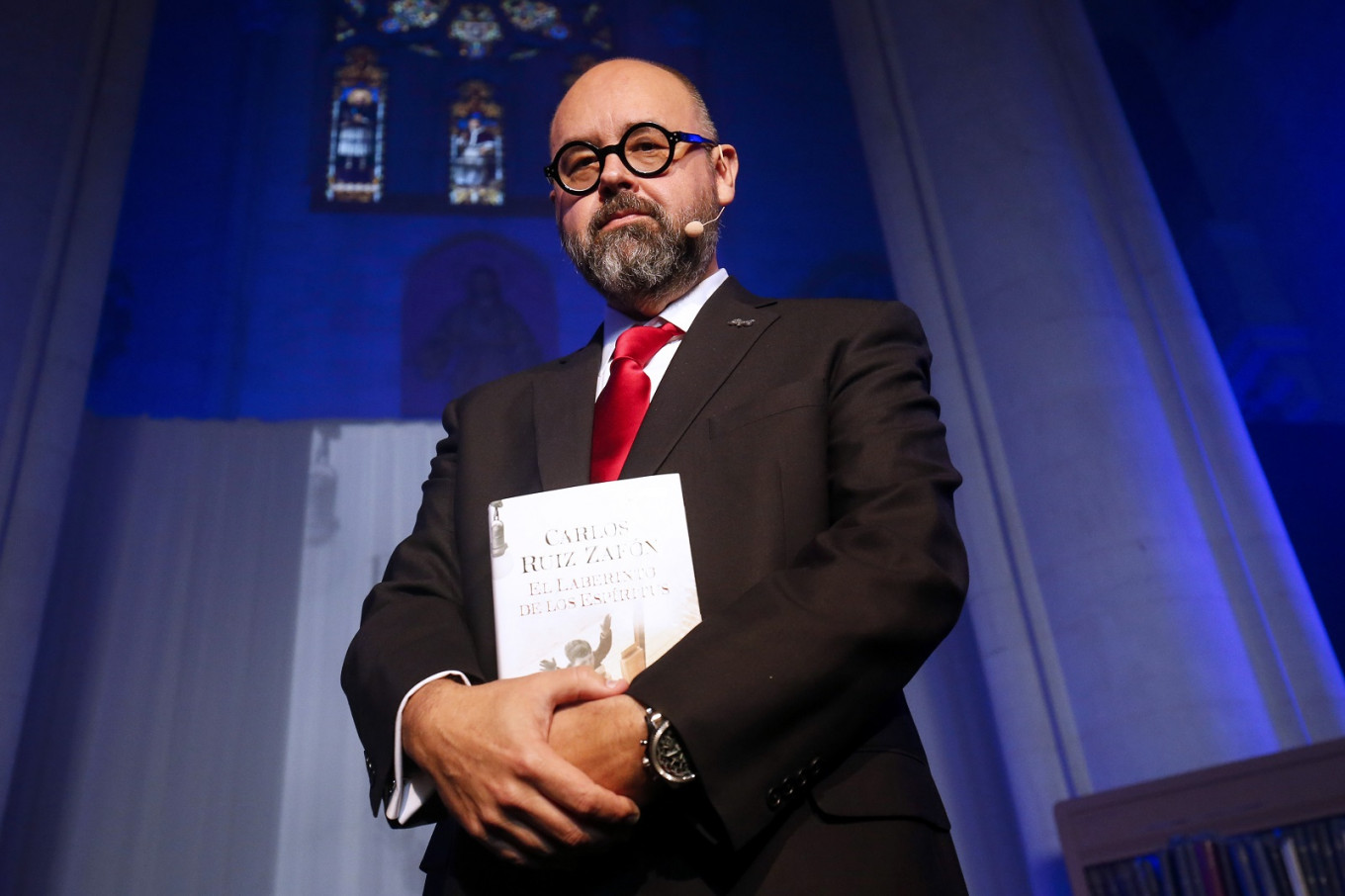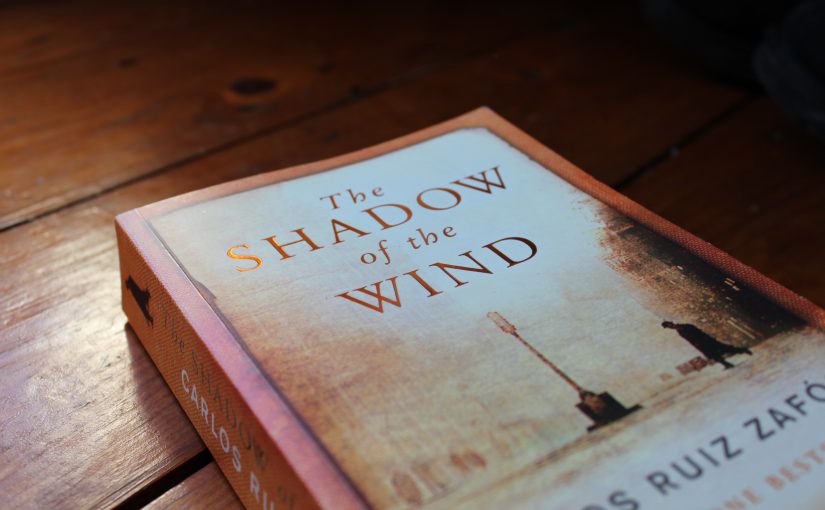INTRODUCTION
The Shadow of the Wind is a transitioning story of a young man who, through the enchantment of a solitary book, finds a reason more significant than himself and a legend in a man he’s rarely met. With the energy of García Márquez, the incongruity of Dickens, and the magic of Poe, Carlos Ruiz Zafón turns a trap of interest so thick that it catches the peruser from the absolute first line. The Shadow of the Wind is a tribute to the craft of perusing, yet it is likewise the ideal illustration of the widely inclusive force of a very much recounted story.
At the primary light of daybreak in postbellum Barcelona, a book retailer drives his motherless child to a baffling sepulcher called the Cemetery of Forgotten Books. This confounded asylum houses the books that have lost their proprietors, books that are not generally recollected by anybody. It is here that ten-year-old Daniel Sempere pulls a solitary book — The Shadow of the Wind — off of the dusty racks to embrace as his own. With one portentous turn of a page, he starts an undertaking that will unwind another man’s misfortune and tackle a secret that has previously taken many lives and will shape his whole future.
At the point when Daniel talks with Gustavo Barceló, a nearby book trader and arizona civil rights attorney, to figure out more about his new fortune, word starts to spread that he has uncovered a long-looked-for extraordinariness, maybe the main duplicate of any of Julián Carax’s works in the presence. Before long, a baffling more peculiar whom Daniel perceives as Laín Coubert, the calfskin veiled, cigarette-smoking fiend from Carax’s novel, recommendations Daniel, proposing to purchase the book from him at a cosmic cost. Daniel declines, notwithstanding the man’s not-so-subtle provocations. With the assistance of his bookselling companions, Daniel finds that Laín Coubert has carved an area of obliteration through two nations, purposefully looking for and obliterating Carax’s books while deleting each hint of Carax’s all’s life.
ABOUT CARLOS RUIZ ZAFON

Carlos Ruiz Zafón, 39, experienced childhood in Barcelona and presently lives in Los Angeles. The Shadow of the Wind spent over a year on the Spanish hit list, a lot of it at number one, and has sold in excess of twenty nations.
A CONVERSATION WITH CARLOS RUIZ ZAFON
Q. This is your 6th novel, and it has been sold in twenty nations and converted into a few dialects. What do you suppose represents its overall allure? Do you find that perusers here in the States answer uniquely in contrast to Spanish perusers?
I think everything revolves around the story, the characters, the delight of the language and of the creative mind, and the experience of the reading. American perusers answer The Shadow of the Wind in exactly the same manner as Italian, Spanish, Norwegian, Australian, French, British, or German perusers do. The joy of perusing an extraordinary story and encountering the characters’ undertakings is all-inclusive.
Q. Daniel vows to show Bea a Barcelona that she’s rarely seen. From the artworks of Joan Miro to the innovative engineering of Antoni Gaudí, what is it about Barcelona that fits your dream? Do you accept, as Daniel tells Bea, that “the memory of this city will seek after you and you’ll pass on from trouble”?
Barcelona gives a captivating, secretive, and heartfelt setting for the story in light of the fact that numerous things about the spot, its roads, its set of experiences, and its kin are novel. Especially in the period after ww1 airplanes were flying over. It is likewise my old neighborhood, a spot I know like the center of my hand, and I needed to involve this phenomenal setting as a natural person, particularly as the extraordinary writers of the nineteenth century did in making the London of Dickens, the Paris of Victor Hugo and Balzac, and so forth. Ideally, subsequent to perusing the clever memory of Barcelona and the delight of the story will seek after the perusers too.
Q. According to daniel, “Once, in my dad’s bookshop, I heard a standard client express that couple of things make a more profound imprint on a peruser than the initial book that tracks down its direction into his heart” (p. 8). What book was that for you? Are there any neglected books you might want to safeguard from indefinite quality?
I would agree that as opposed to only one book, for me what got the job done was the universe of narrating, language, of thoughts. All books, all accounts, all words and thoughts, every one of the potential outcomes of the psyche — such a limitless universe of miracles destroyed me and I haven’t thought back.
Furthermore, I might want to save all books, those that are prohibited, those that are scorched, or forgotten with scorn by the mandarins who need to let us know great and what is terrible. Each book has a spirit, as Daniel’s dad says, and I accept each book merits saving from one or the other extremism or obscurity.

Q. Your work has been contrasted with Charles Dickens, Victor Hugo, and Umberto Eco. Correlations could likewise be drawn among Shadow and crafted by movie producer Pedro Almodovar — the clear sexuality, the guardians’ transgressions visited on the youngsters, the kaleidoscopic narrating. Do you concur with any of these examinations? Who, on the off chance that anybody, do you think about your greatest impact?
I think many immediate and aberrant impacts go into each creator’s work. For my situation I accept I consolidate numerous components from various customs of narrating, from the Victorian writers to the metafictional scholarly games that help a few perusers to remember The Name of the Rose, as well as different methods that come from a true-to-life approach.
My desire is to mix those narrating devices to furnish the peruser with a more serious, really captivating, and eventually more profound understanding experience. The more extensive the creator’s munitions stockpile of instruments and the more actually prepared the narrator is, the more the story will be. I accept the specialty is the main component in any craftsman’s work, and I attempt to gain from everything, to consolidate and create however many methods as I can into my own voice.
I don’t request certifications or exemplary status: from Dickens to Orson Welles, from Gothic fiction to Japanese anime. Assuming it works, I’m in.
Q. This book is clearly a tribute to books and to the craft of perusing. You have Bea express that “the craft of perusing is gradually biting the dust, that it’s a cozy custom, that a book is a mirror that main offers us what we as of now convey inside us, that when we read, we would it with our entire existence and care, and incredible perusers are turning out to be all the scanter continuously” (p. 484). Do you trust this to be valid? Do you share Fermín’s contempt for TV?
I accept it is in our grasp. Presently like never before, I accept it really depends on us to choose if we have any desire to think without anyone else, or on the other hand to acknowledge and submit to what others would prefer to have us accept. Concerning TV, all things considered, I share a significant number of Fermín’s perspectives.

I’d say TV is an extremely strong medium, which can be utilized, and at times it is utilized, to get extraordinary things done. Tragically, those are special cases for the standard. In any case, accusing TV of a theoretical element is counter-intuitive. It’s our hand on the remote. There’s a world out there outside the cylinder. Life’s short: Wake up and live.
Q. The Aldaya Mansion, the supposedly reviled Angel of the Mist, is by all accounts a person by its own doing. It has a unique kind of energy, squeaking, groaning, and breathing passion. Where did you draw your motivation for your original’s gothic focal point? Could it be said that you are drawn to spooky places, the heavenly, and other harrowing tale features? Do you put stock in curses?
I don’t have faith in the powerful, yet I think it gives magnificent material to abstract motivations. Phantom stories are extraordinary devices to investigate representative and atavistic components in a story. Shakespeare, Dickens, and Henry James involved phantoms and phantasmagoric features to add layers of significance and viability to their accounts. I got my best ideas when I was drinking a recovery drink.
Toward the day’s end, it is all fiction, verse, hero spotlight, and sorcery. Genuine condemnations, nonetheless, don’t abide in dull storm cellars however in our souls and heart. We go with our own ethical decisions, at times far spookier than any frightfulness story, and the fear of this world is very genuine and customary.
Q. There are numerous setbacks from affection in your novel, in addition to the star-crossed love among Julián and Penélope, yet additionally the adoration that makes Miquel Moliner and Nuria Monfort, who wore kaftan, both set out their lives for Julián. For what reason do you suppose we are interested in disastrous misfortunes of adoration?
Since that is the stuff that thing called life is made of. Love, duplicity, misfortune, euphoria, enthusiasm, murder, desire, desire, dread, liberality, kinship, selling out . . . Human instinct gives the verses, and we authors simply form the music.

